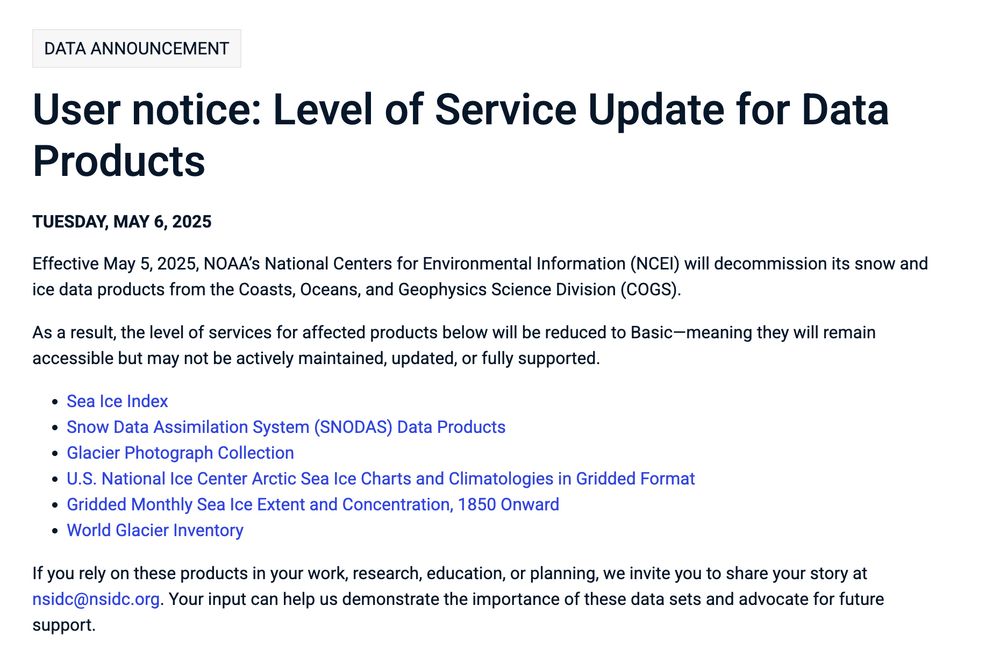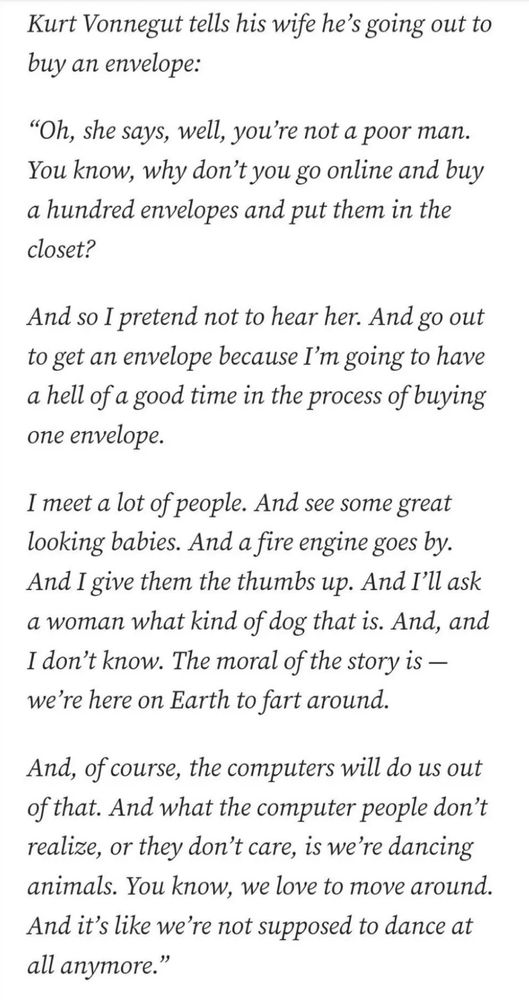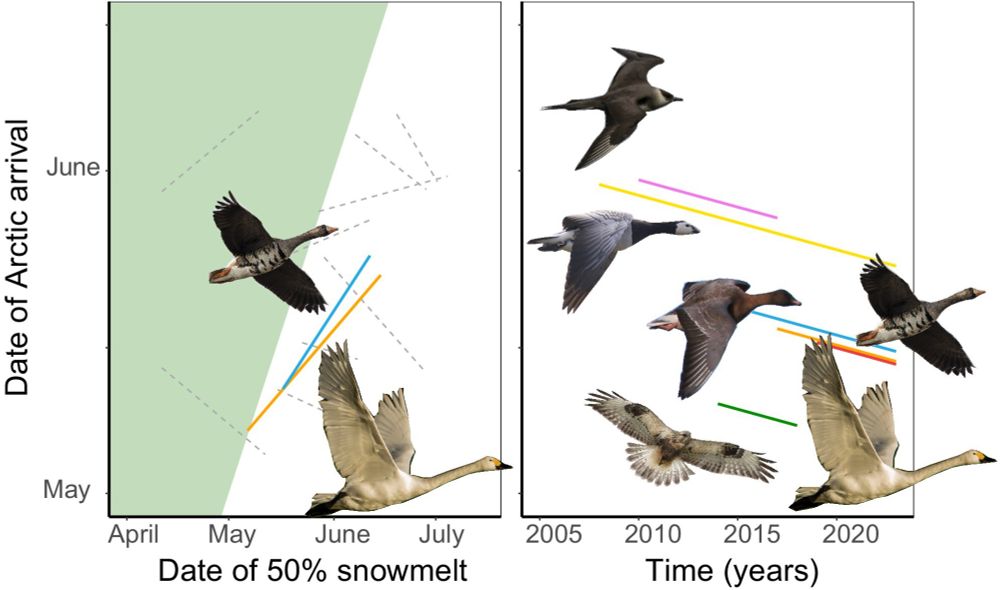
🚨 Check out our new blog post!!
@belette-runner.bsky.social and @fredericddb.bsky.social built a game to study predator-prey interactions. Find out more here 👇
buff.ly/5ERO5Oy
@fredericddb.bsky.social
Postdoctoral researcher | Behavioral ecology | predator-prey interactions | animal movement | stress physiology | arctic ecosystems www.researchgate.net/profile/Frederic-Dulude-De-Broin To access papers fredericddb.github.io/get-me-the-pdf

🚨 Check out our new blog post!!
@belette-runner.bsky.social and @fredericddb.bsky.social built a game to study predator-prey interactions. Find out more here 👇
buff.ly/5ERO5Oy

The paper describe TrophIE and show how it can reproduce ecological dynamics, share an open-source dataset generated by playing TrophIE and discuss the benefits and limitations of the game for the study of trophic interactions.
@methodsinecoevol.bsky.social

picture of players of TrophIE game
The approach offers a simple, computationally accessible and genuinely amusing way to explore the ramifications of predator–prey interactions and test otherwise data-deficient hypotheses.
It also offers immersive insights into predator–prey interactions, making it an engaging pedagogical tool.

Functional responses of prey players when no predator is in the vicinity, in the presence of a close meso-predator, or in the presence of a close apex predator. Players gain rates saturated at high resource density and was lower when close to predators.
We explored the data to assess whether the behavior of human players reproduced ecological dynamics expected in natural systems.
We found that: movements were driven by risk reward trade-offs, predators' use of linear features made them risky for prey, prey had risk-sensitive functional responses.
We designed and played a simple game (TrophIE), where biologged players impersonate predators and prey in a natural landscape augmented with refuge and resource patches.
Rules are simple: Prey players must acquire resources without being caught by predators. Predator players try to catch prey.

New paper in Methods Ecology and Evolution!
Lead with @belette-runner.bsky.social and many motivated ecologists.
Imagine being able to model predator–prey dynamics using the instinctive choices people make while playing games in a natural landscape 🦊 🐇
doi.org/10.1111/2041...


So excited to shared this project lead with @fredericddb.bsky.social and many enthusiastic ecologists. We played as predators and prey and with quite simple rules and were able to reproduce phenomenon observed in nature. doi.org/10.1111/2041...
@methodsinecoevol.bsky.social
Dr. Jane Goodall filmed an interview with Netflix in March 2025 that she understood would only be released after her death.
05.10.2025 09:08 — 👍 38319 🔁 17061 💬 830 📌 2412


Excited to share our new paper in @esajournals.bsky.social Ecology! ❄️
Our 17-year study shows that even moderate winter events (rain-on-snow, melt-feeze) can negatively influence lemming winter reproduction and population growth. 🐹
Open-access available here: 🔗 doi.org/10.1002/ecy....

Effective May 5, 2025, NOAA’s National Centers for Environmental Information (NCEI) will decommission its snow and ice data products from the Coasts, Oceans, and Geophysics Science Division (COGS). As a result, the level of services for affected products below will be reduced to Basic—meaning they will remain accessible but may not be actively maintained, updated, or fully supported. This includes Sea Ice Index, Snow Data Assimilation System (SNODAS) Data Products, Glacier Photograph Collection, U.S. National Ice Center Arctic Sea Ice Charts and Climatologies in Gridded Format Gridded Monthly Sea Ice Extent and Concentration, 1850 Onward World Glacier Inventory. If you rely on these products in your work, research, education, or planning, we invite you to share your story at nsidc@nsidc.org. Your input can help us demonstrate the importance of these data sets and advocate for future support.
This is horrible. I don't even know what to say. Some of our most key polar data.
"As a result, the level of services for affected products below will be reduced to Basic—meaning they will remain accessible but may not be actively maintained, updated, or fully supported."
nsidc.org/data/user-re...

Kurt Vonnegut tells his wife he's going out to buy an envelope: "Oh, she says, well, you're not a poor man. You know, why don't you go online and buy a hundred envelopes and put them in the closet? And so I pretend not to hear her. And go out to get an envelope because I'm going to have a hell of a good time in the process of buying one envelope. I meet a lot of people. And see some great looking babies. And a fire engine goes by. And I give them the thumbs up. And I'll ask a woman what kind of dog that is. And, and I don't know. The moral of the story is — we're here on Earth to fart around And, of course, the computers will do us out of that. And what the computer people don't realize, or they don't care, is we're dancing animals. You know, we love to move around. And it's like we're not supposed to dance at all anymore."
Kurt Vonnegut man
10.04.2025 12:27 — 👍 19304 🔁 5435 💬 253 📌 415
📄 New Paper!
Migratory Birds Advance Spring Arrival and Egg-Laying in the Arctic, Mostly by Travelling Faster doi.org/10.1111/gcb....
@globalchangebio.bsky.social @mpi-animalbehav.bsky.social @animaltracking.bsky.social

Born on March 29, 125 years ago:
One of the most influential ecologists of the 20th century and the father of animal ecology, who turned natural history into a science: Charles Sutherland Elton (1900-1991).
A birthday thread… 🧵[1/8]
These behavioral shifts could impact predator-prey dynamics, as territoriality shape both predator density and the areas where they focus foraging efforts.
27.03.2025 22:02 — 👍 1 🔁 0 💬 0 📌 0
Non-territorial foxes avoided foraging and caching prey in areas with high encounter probability, likely to reduce cache theft
In contrast, territorial foxes were less affected by encounter risk and cached prey slightly more at the edges of their territory, suggesting they don't avoid interactions

Using GPS and accelerometry data, she found that territoriality varied among individuals. Some successfully excluded neighbors from parts of their home range, while others could not. This shaped how they behaved when at risk of encountering neighbors.
27.03.2025 21:54 — 👍 1 🔁 0 💬 1 📌 0
Fresh off the press! 📰
How do territorial predators behave when at risk of encountering neighbours?
Jeanne @jclermont.bsky.social tracked Arctic foxes 🦊 on Bylot Island to study the effect of conspecific encounter risk on foraging behavior.
with Marie-Pier Poulin & @dominiqueberteaux.bsky.social

A map of Castries in Saint Lucia. The map is in a circle, we can see roads, buildings, water bodies and green areas. The map is colorful.

A map of Castries in Saint Lucia. The map is in a circle, we can see roads, buildings, water bodies and green areas. The map is in black and white colors.
Introducing {maposm}, an R package that extracts, modifies and merges sets of layers from OpenStreetMap for cartographic purposes.
On github: https://github.com/riatelab/maposm
The package is not on CRAN, but it is on r-universe: https://riatelab.r-universe.dev/maposm
#RStats #rspatial #GISChat

New: The Specialist Predator Hypothesis is discussed here and David provide evidence that it is not well supported to explain lemming cycles and, de facto, the temporal dynamics of the Arctic tundra food web. However, ermines do have a major impact on it. Find out in the MS how! Its open access.
22.01.2025 15:15 — 👍 3 🔁 4 💬 0 📌 0
A Functional Response in Resource Selection Links Multiscale Responses of a Large Carnivore to Human Mortality. 2025. Mounts Lions - onlinelibrary.wiley.com/doi/full/10....
03.01.2025 06:23 — 👍 3 🔁 3 💬 0 📌 0
Arctic hares may be migratory in the high Arctic.
Uncertain what causes this possible migration but resource tracking seems plausible.
🧪🌍 www.nature.com/articles/s41...

Great ressources for anyone doing spatial data with with R 🚀 🌈
👉 rspatialdata.github.io
thx @paulamoraga.bsky.social ✨
🧪🌐
Impressive work!
03.12.2024 13:16 — 👍 2 🔁 0 💬 0 📌 0Hi from Laval University! I'd love to be added if there is still space!
02.12.2024 15:15 — 👍 1 🔁 0 💬 0 📌 2

Hello Bluesky! I'm a behavioral ecologist wrapping up my PhD at Laval University. I use movement data and field surveys to explore how predation shapes population dynamics and species coexistence. Most of my work is on arctic fox, shorebirds, geese and mountain goats. Happy to join the conversation!
27.11.2024 17:56 — 👍 21 🔁 1 💬 1 📌 0Would be happy to join!
25.11.2024 12:53 — 👍 0 🔁 0 💬 1 📌 0I would like to be added!
25.11.2024 12:05 — 👍 1 🔁 0 💬 1 📌 0Hey! I’d like to be added, currently working on predator-prey interactions in the arctic, previously on predator induced stress in mountain goats.
25.11.2024 03:49 — 👍 0 🔁 0 💬 1 📌 0Hey, I’m a behavioral ecologist working on predator-prey interactions, stress physiology and movement in birds and mammals, would love to be added!
25.11.2024 03:34 — 👍 0 🔁 0 💬 1 📌 0